When Someone Thinks They Have Bad Luck, It’s Not Just About Luck
“Why does this always happen to me?”
If you’ve heard a loved one say this—over and over—you know how painful it is to watch them struggle. Maybe it’s your brother who never seems to catch a break at work. Or your cousin who says she’s cursed when relationships fall apart. Or maybe it’s your parent, worn down by life, who truly believes bad luck just follows them.
You want to help—but without sounding pushy, dismissive, or like you’re trying to “fix” them.
This post is for you—the helper—the person who cares enough to look for answers when someone you love thinks they have bad luck.
When Someone Thinks They Have Bad Luck, It’s More Than Just a Belief
At first, it sounds like frustration:
- “Nothing ever goes right for me.”
- “It’s like I was born under a bad star.”
- “Every time I try, something goes wrong.”
But underneath those words is something deeper: a mindset shaped by discouragement, disappointment, and repetition. And if that pattern doesn’t change, it can spiral into:
- Missed opportunities
- Poor decisions based on fear or resentment
- Constant anxiety or hopelessness
- Disconnection from dreams, people, and possibilities
This isn’t just emotional. When someone truly believes they have bad luck, their perception becomes their reality. They may stop trying, avoid challenges, or even sabotage the good things that come their way—without realizing it.
So, How Can You Help?
First, it’s important to remember:
You can’t change someone’s life for them—but you can plant seeds.
You can be the one who gently challenges the “bad luck” narrative and opens the door to something better.
Here are 5 practical, compassionate ways to do it:
1. Start with Curiosity, Not Correction
When someone thinks they have bad luck, they don’t need a lecture. They need someone who listens without judgment. Instead of saying, “That’s just a negative mindset,” try:
- “What makes you feel like things always go wrong?”
- “Have you ever had a time when things went your way?”
- “What do you think is underneath that feeling of bad luck?”
You’re not solving—you’re creating space. And sometimes, space is the first step to change.
2. Offer a Reframe, Not a Fix
Once they open up, gently challenge the narrative.
Try this shift:
Instead of: “That’s not true. You’re not unlucky.”
Say: “What if it’s not bad luck—but just a pattern that you can actually change?”
That one question invites empowerment. It implies they’re not stuck. It doesn’t shame them—it opens a possibility.2. Offer a Reframe, Not a Fix
Once they open up, gently challenge the narrative.
Try this shift:
Instead of: “That’s not true. You’re not unlucky.”
Say: “What if it’s not bad luck—but just a pattern that you can actually change?”
That one question invites empowerment. It implies they’re not stuck. It doesn’t shame them—it opens a possibility.
3. Introduce New Language They Can Use
Words matter. Help them swap “bad luck” for phrases that support growth, like:
- “This was a tough season, but I’m learning from it.”
- “I haven’t figured it out yet.”
- “I’m in the process of changing how I react to life.”
You can model this in your conversations. Even if they don’t adopt the new language immediately, they’ll start hearing a different internal story.
4. Give Them a Small Step They Can Actually Take
Sometimes, the people who think they have bad luck also feel powerless. They believe nothing they do makes a difference.
That’s why giving them something small and achievable is key.
Here are simple, doable actions you can suggest:
- “Why don’t you write down one thing that went right today—no matter how small?”
- “Can I send you a short read I found helpful about shifting mindset?”
- “Want to try a 5-minute breathing exercise with me before bed?”
Even better? Share a resource—something built to guide them without overwhelming them.
5. Point Them Toward a Supportive System
You don’t have to be their therapist or life coach.
Sometimes, your best move is just saying:
“I found a site that talks about this exact thing—it really helped me see how mindset plays a huge role. I think it might be something you’d actually like.”
Then share this:
👉 MentalDisciplineForSuccess.com
This isn’t just another motivational blog. It’s a space focused on real tools, structure, and mindset strategies to help people stop feeling stuck—and start building the life they actually want.
You can also suggest our free resources or kits designed to build mental discipline for success, one habit at a time.
Remember: if someone truly thinks they have bad luck, structure is their way out. Not cheerleading. Not clichés. A framework. A reset. A system.
But What If They Resist?
They might. Especially at first.
That’s okay.
Change is often slow. But your role isn’t to push them—it’s to be consistent. Encouraging. Patient. Keep planting the seed. Stay hopeful for them when they can’t yet be hopeful for themselves.
And keep showing them—through your example—that a different path is possible.
When You’re Ready to Share Something That Works…
Point them here:
🎯 Explore the Mental Discipline Mastery Kit
This isn’t a magic fix. It’s a method grounded in clarity, daily follow-through, and rewiring unhelpful patterns.
For anyone who thinks they have bad luck, it may be the exact turning point they need.
You’re Not Alone in Helping
If you’re here, reading this—you care. That already makes you a rare and powerful support system.
Helping someone who thinks they have bad luck is tough, but with patience, language shifts, and the right tools in hand, you can be the one who helps them break the cycle.
You don’t need all the answers.
Just a willingness to keep showing up—and a few solid resources to share along the way.
Ready to equip yourself to help them better?
Grab our free guide, or explore the Mental Discipline for Success system today.



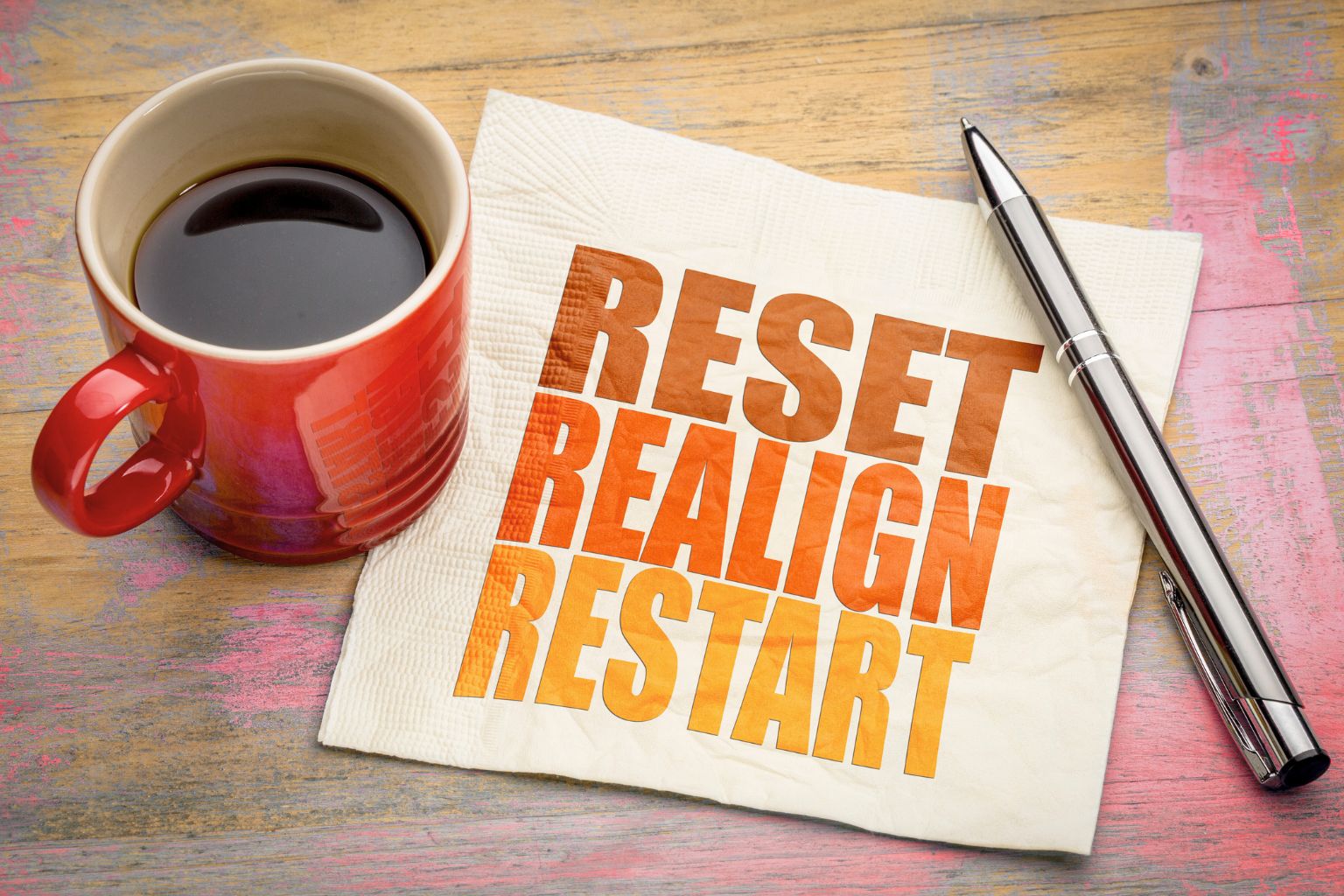


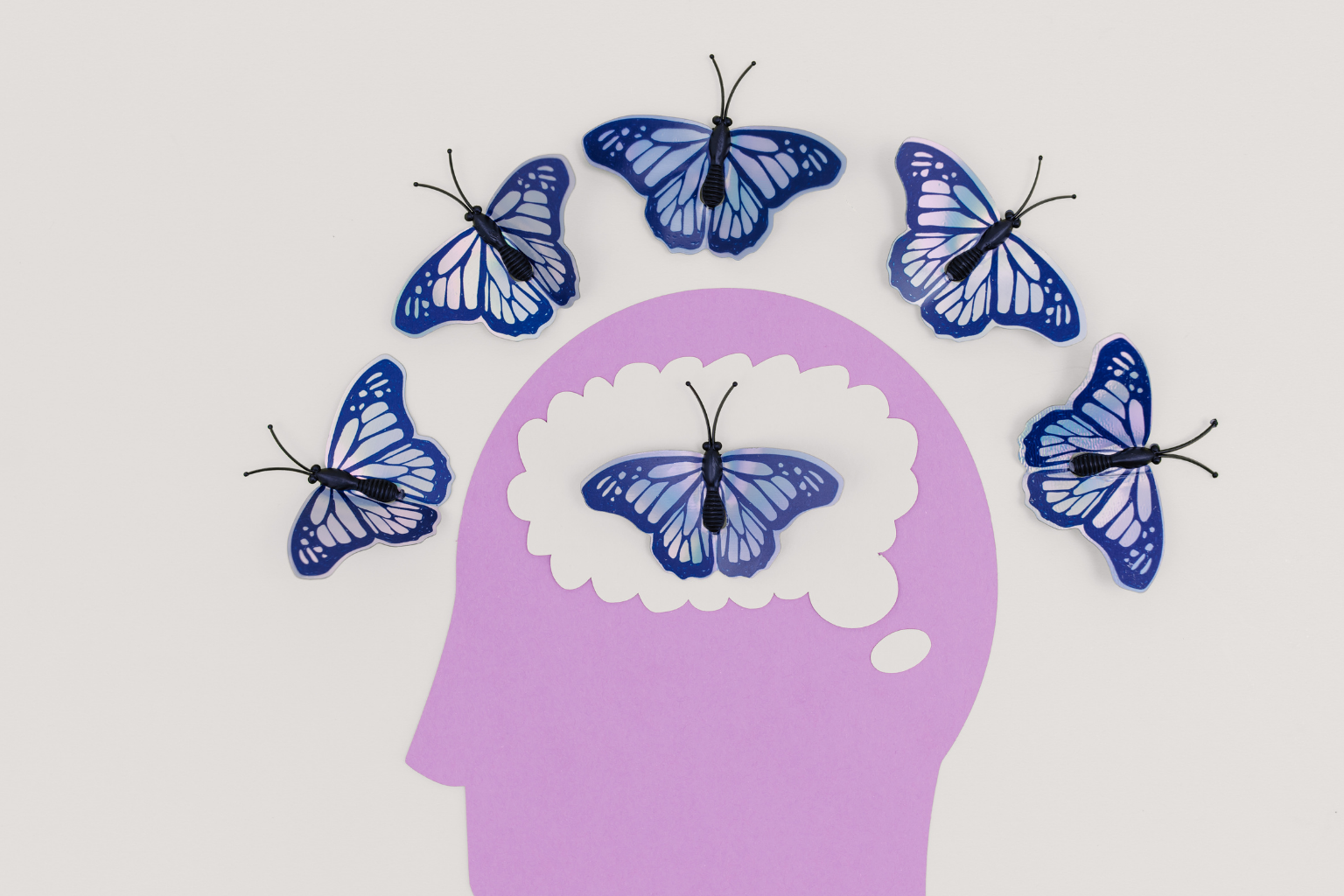

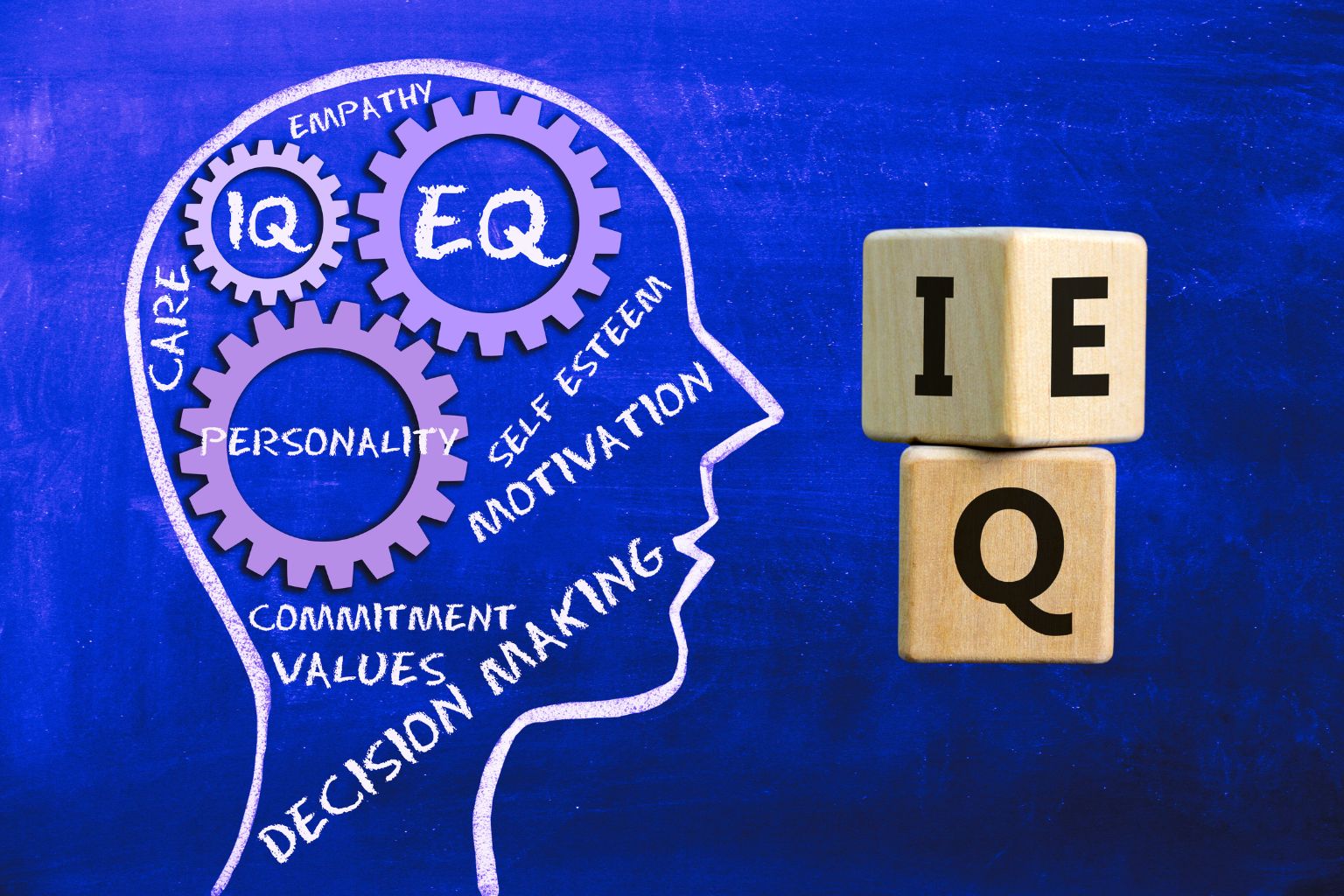


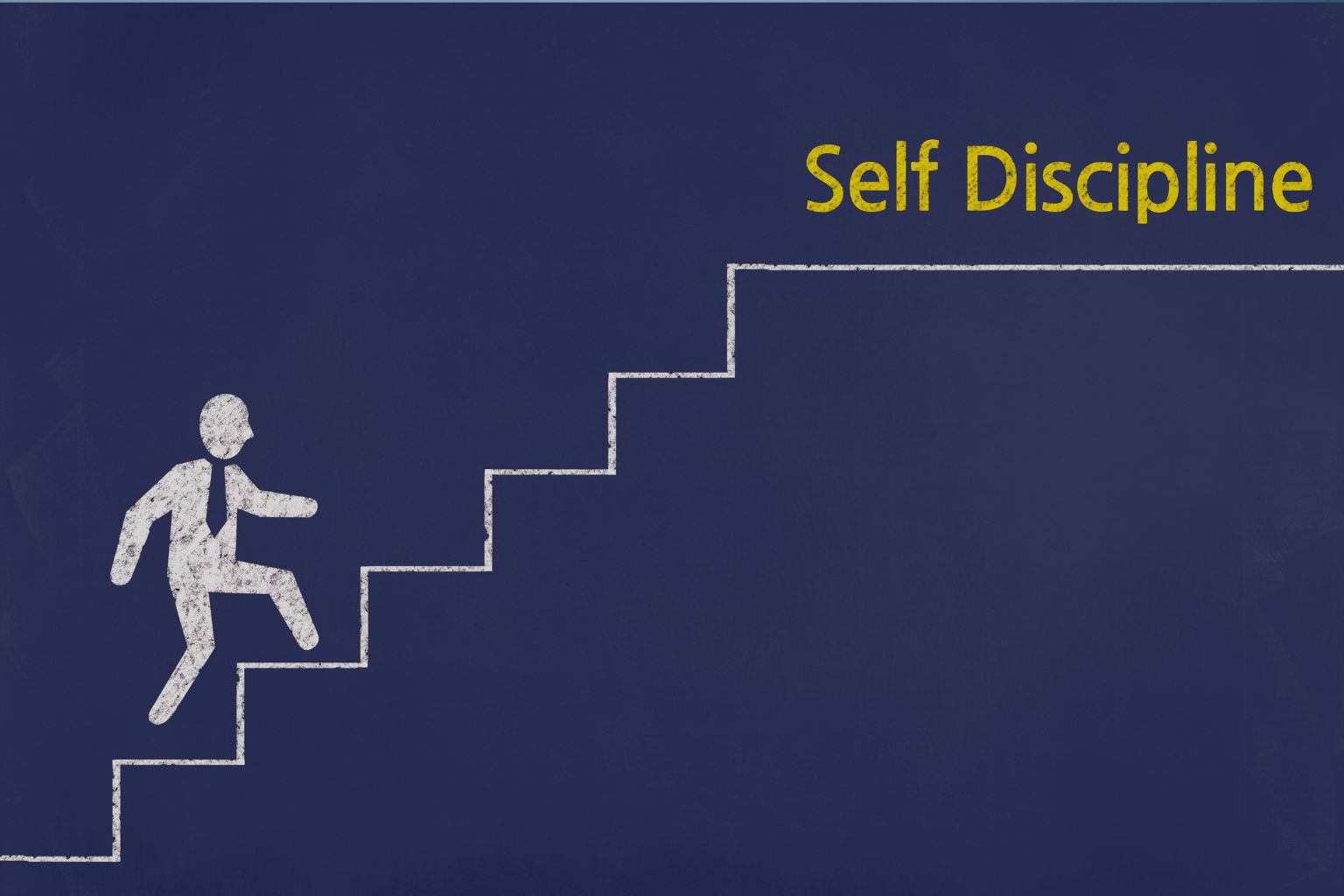

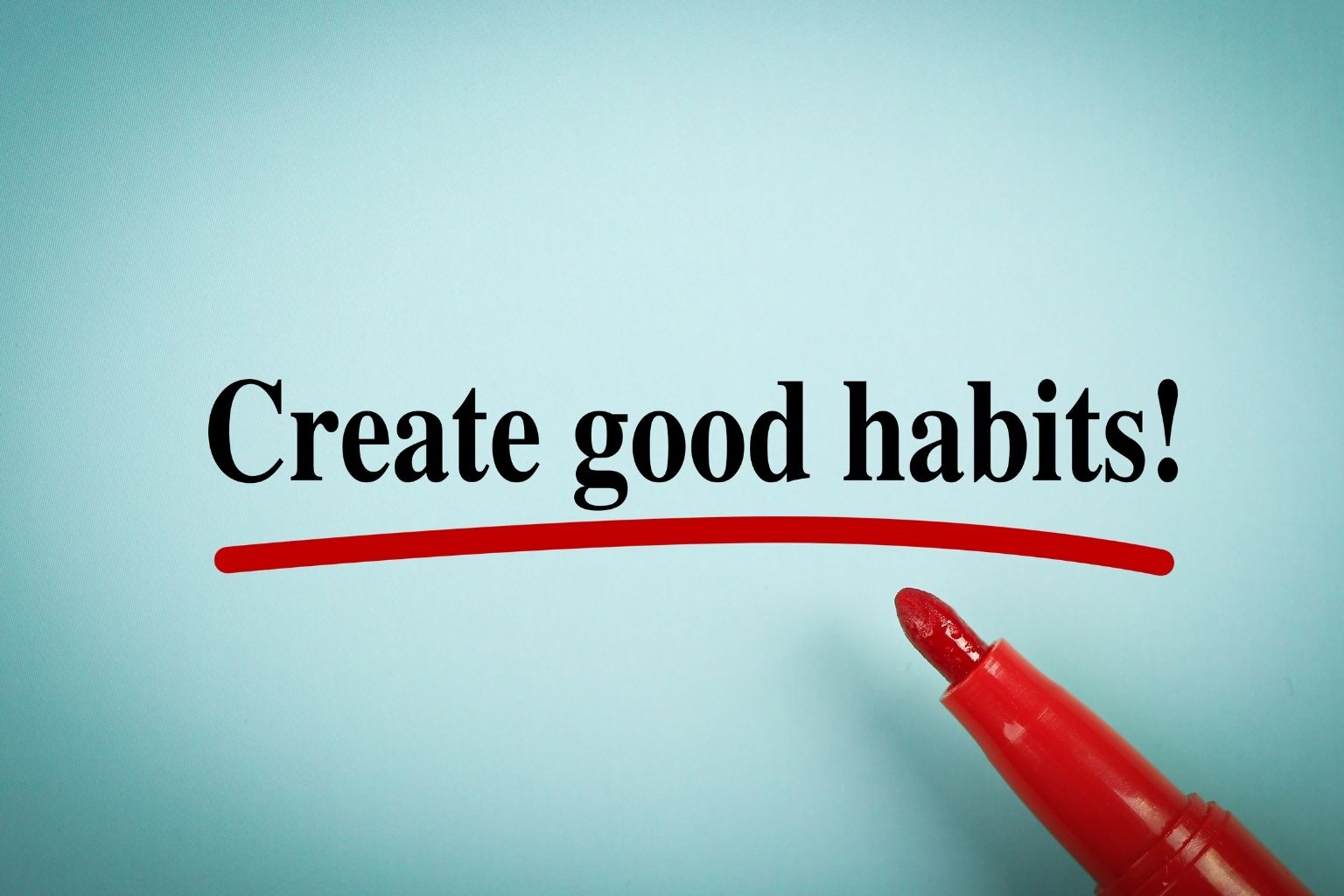

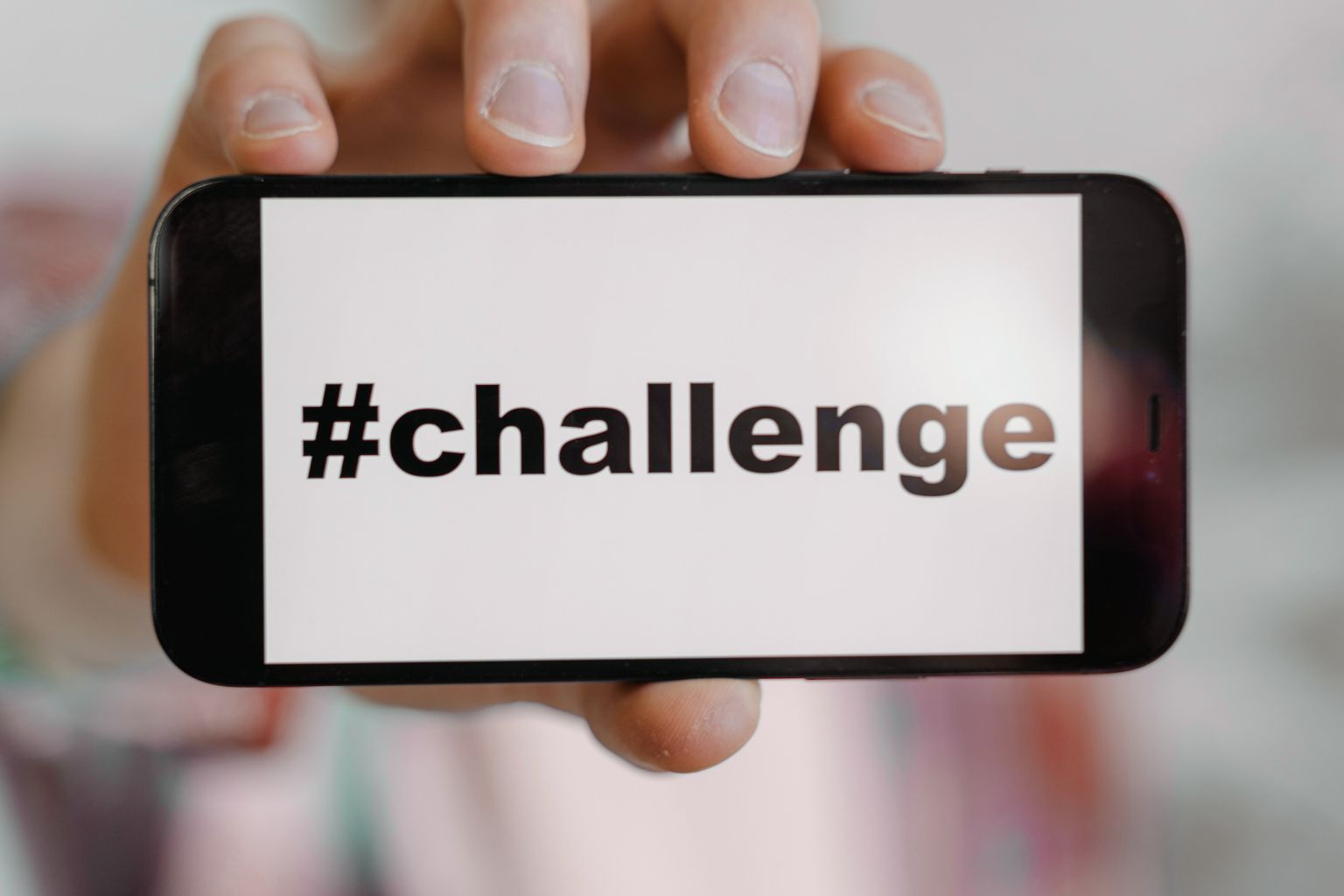

Share it!